Last Updated on February 8, 2025 by Sarah Wilson
One of the many highlights of my trip to Namibia was my visit to the ghost town of Kolmanskop.
Kolmanskop (aka Kolmanskuppe or Kolmanskoppe) was, at one point, one of the wealthiest towns in the world due to all the diamonds found in the area. Today, it is a ghost town, the dilapidated buildings slowly being swallowed up by the sand from the Namib desert.
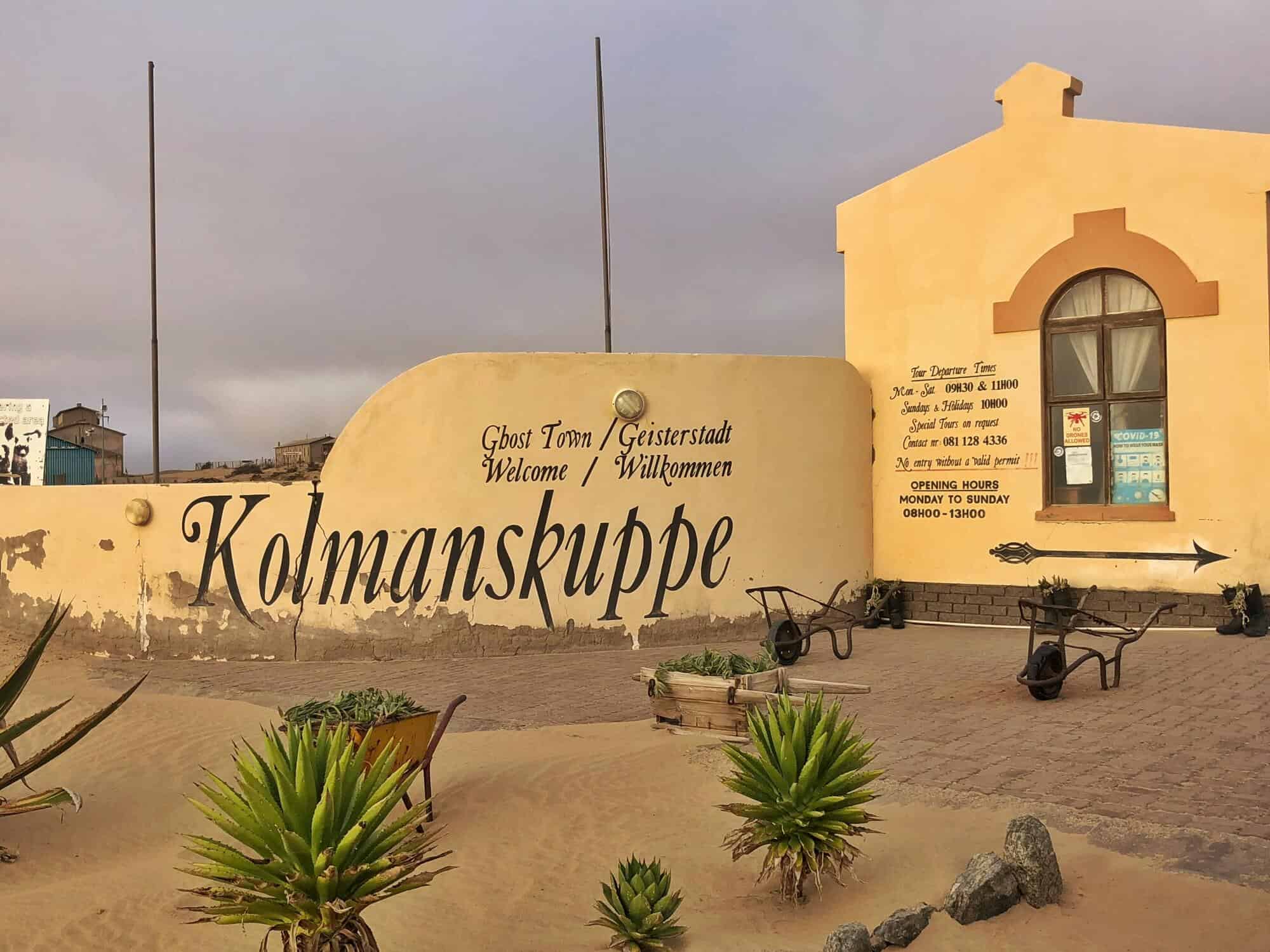
The First Diamond
In 1908, during an evening shift, Zacharias Lewala, a railway worker, was clearing sand from the dunes near the railway tracks. He noticed some stones sparkling in the fading light.
He showed them to his German boss (at this time, Kolmanskop was part of German South West Africa ), who quickly realised these stones were diamonds, but surprise, surprise, Lewala never received any payment or acknowledgement for his discovery.
It didn’t take long after this initial discovery before a large number of prospectors flocked to the area. By 1912, a town had emerged, producing a million carats of diamonds each year, which accounted for 11.7 per cent of the world’s total diamond production.
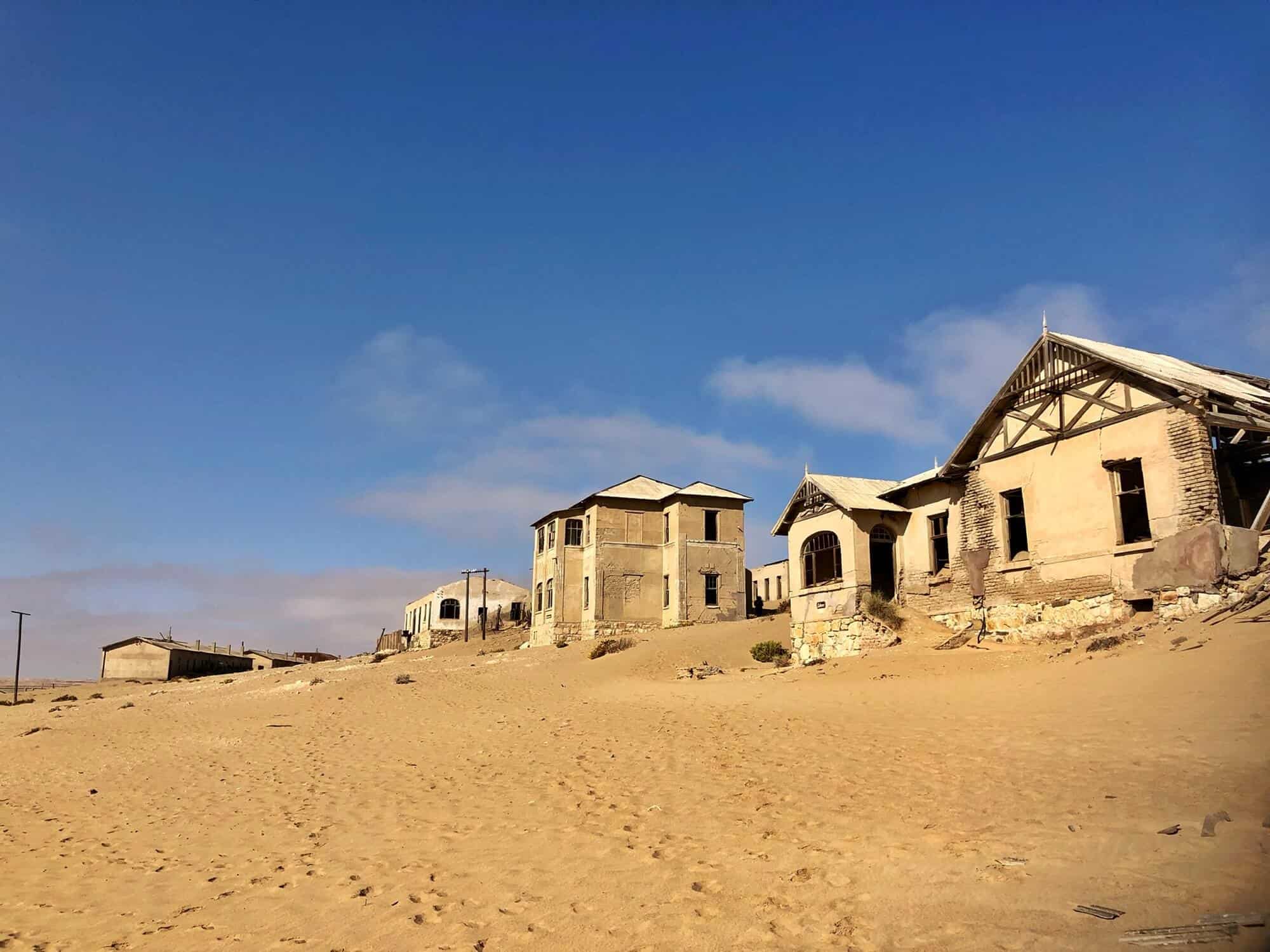
Greed
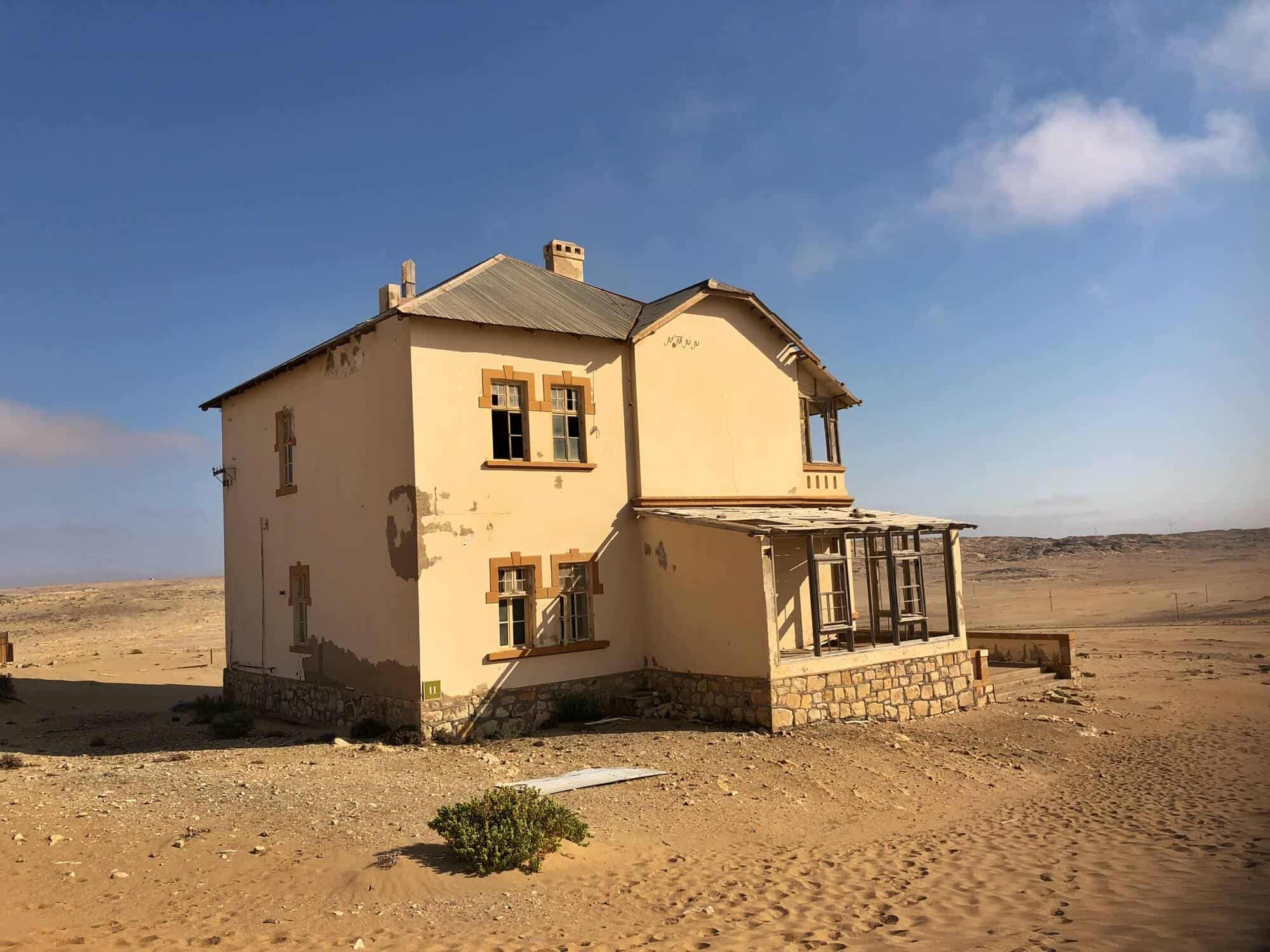
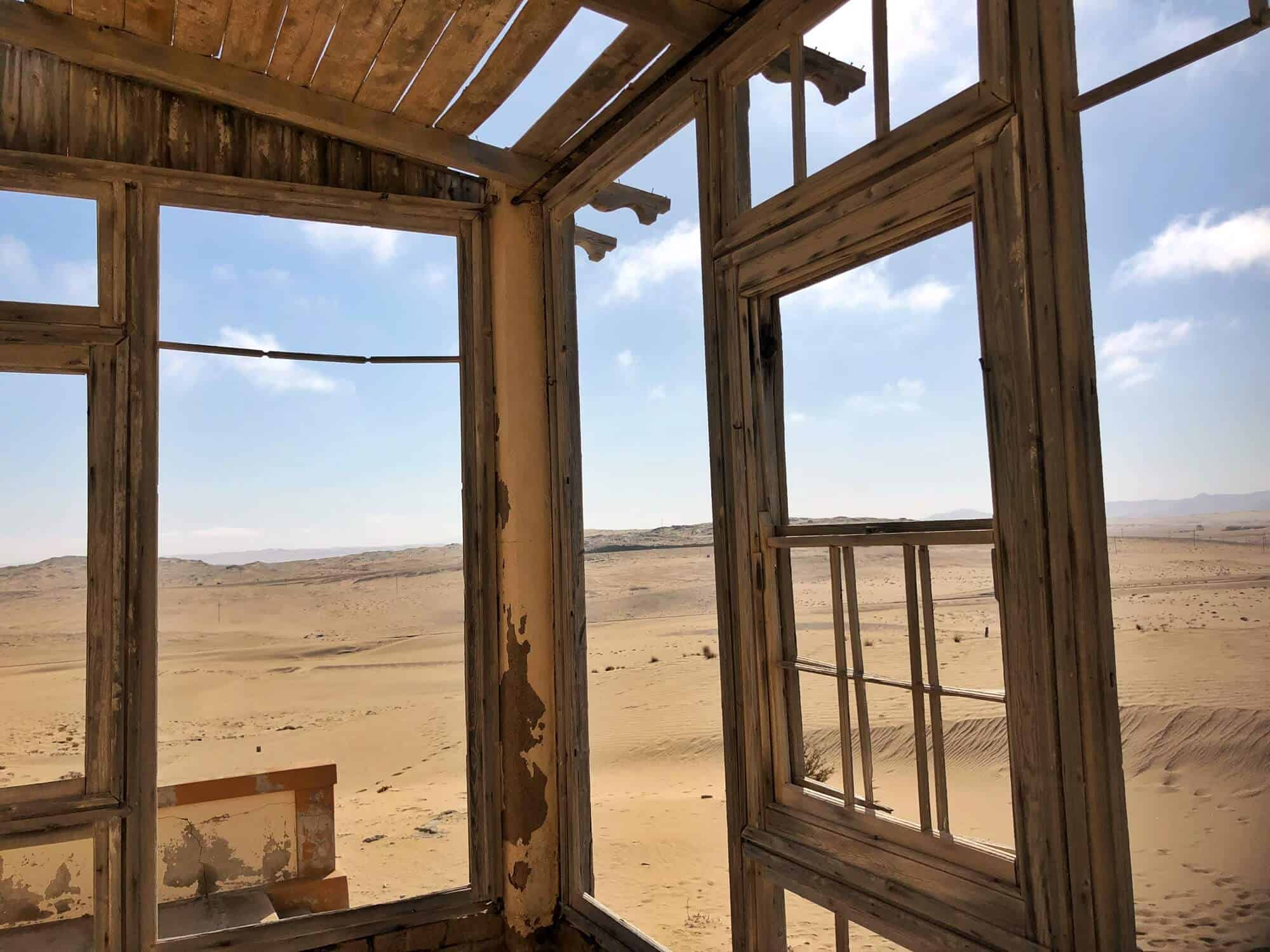
Those who came to Kolmanskop in search of diamonds quickly became wealthy by finding diamonds just lying on the desert ground.
However, it wasn’t long before the German authorities decided they wanted more control over the valuable resources.
So, they tightened their grip by labelling a large part of Namibia as a restricted area called Sperrgebiet, forbidding entry to ordinary people. They handed over the rights to hunt for diamonds to just one company based in Berlin.
As a result, many indigenous people lost their homes due to the restricted zone and ended up working in the diamond mines. They were forced to live in crowded, barracks-like camps for months at a time.
The Growth Of A Diamond Mining Town
Kolmanskop swiftly grew into a bustling diamond mining hub, accommodating approximately 1,200 residents.
The homes in Kolmanskop were built in a distinct German architectural style, complete with verandas, gardens, and luxurious fittings. Notably, the managers and mining engineers lived in the grand two-story homes, dispatching workers equipped with empty jars and spades to hunt for diamonds.
Various amenities sprang up, including a butcher, a baker, a post office, and an ice factory, with fresh water transported to Kolmanskop by rail.
There was a school, a hospital with the first X-ray unit in the Southern Hemisphere, a theatre where European opera troupes performed, a ballroom, a sports hall, a bowling alley, and a salt-water swimming pool.
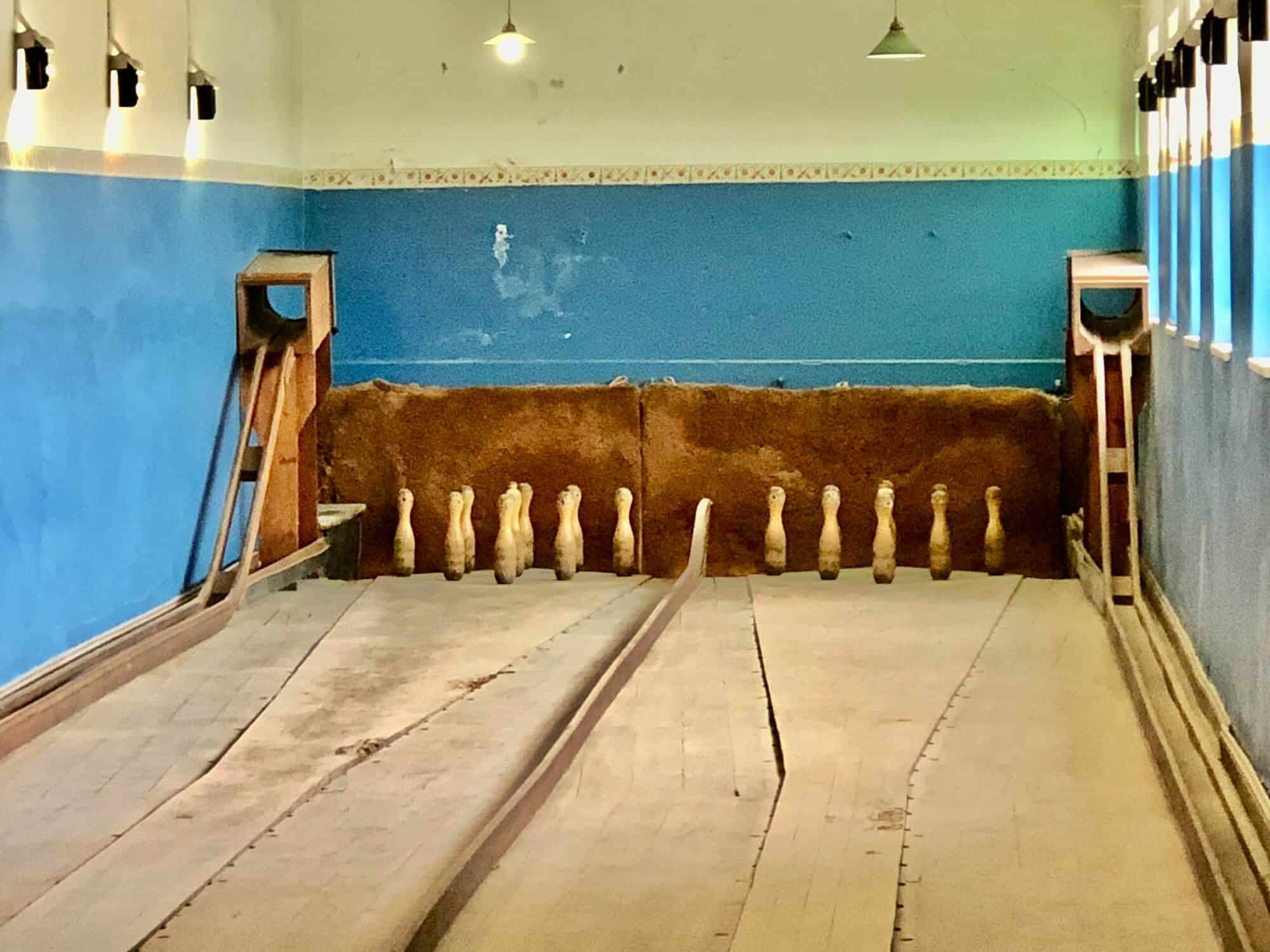
A large power station provided electricity, one of only two worldwide, using distilled seawater.
But It Wasn’t Too Last
Yet by the 1930s, the town’s riches were largely depleted. When diamond deposits were discovered 270km (168 miles) to the south, close to Namibia’s border with South Africa, many of Kolmanskop’s miners moved on. The last families abandoned the town to the desert in 1956.
Today, Kolmanskop is a haunting and surreal reminder of a bygone era.
The shifting desert sands have partially buried many of the buildings, creating a spooky yet fascinating vibe. Some houses still have their insides intact, so visitors can still see what the town used to be like.
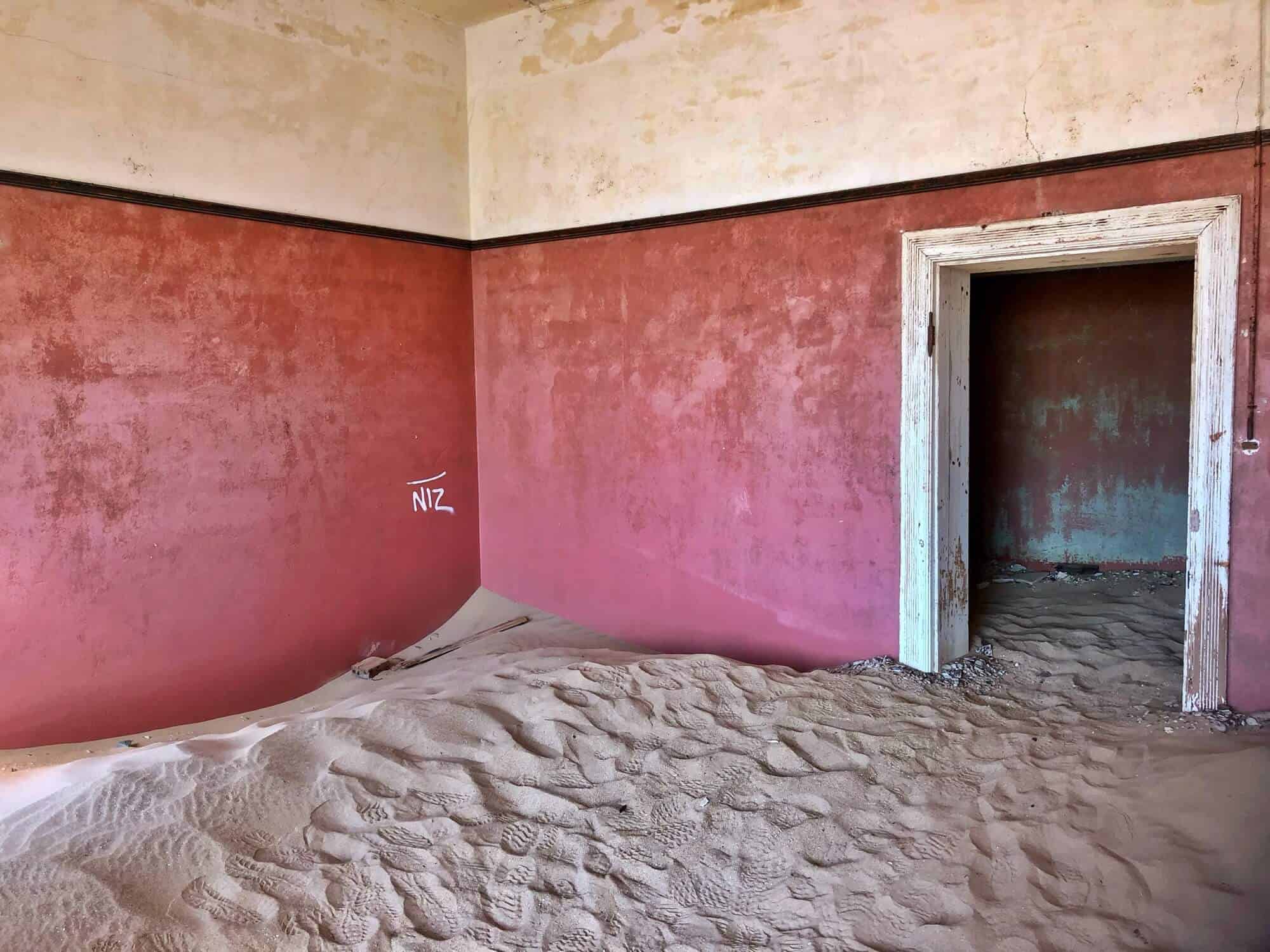
Are There Still Diamonds In Kolmanskop?
Sadly, no, which is why Kolmanskop is now a ghost town. I did look, though.
Is Kolmanskop Worth Visiting?
Yes, even though the town is deserted, efforts have been taken to safeguard its historic structures, transforming Kolmanskop into a museum.
Guided tours are available for visitors keen on delving into its rich history while witnessing nature’s gradual encroachment upon the town.
In short, Kolmanskop is an interesting place. It shows us what life was like before and reminds us that nature always has the last say.
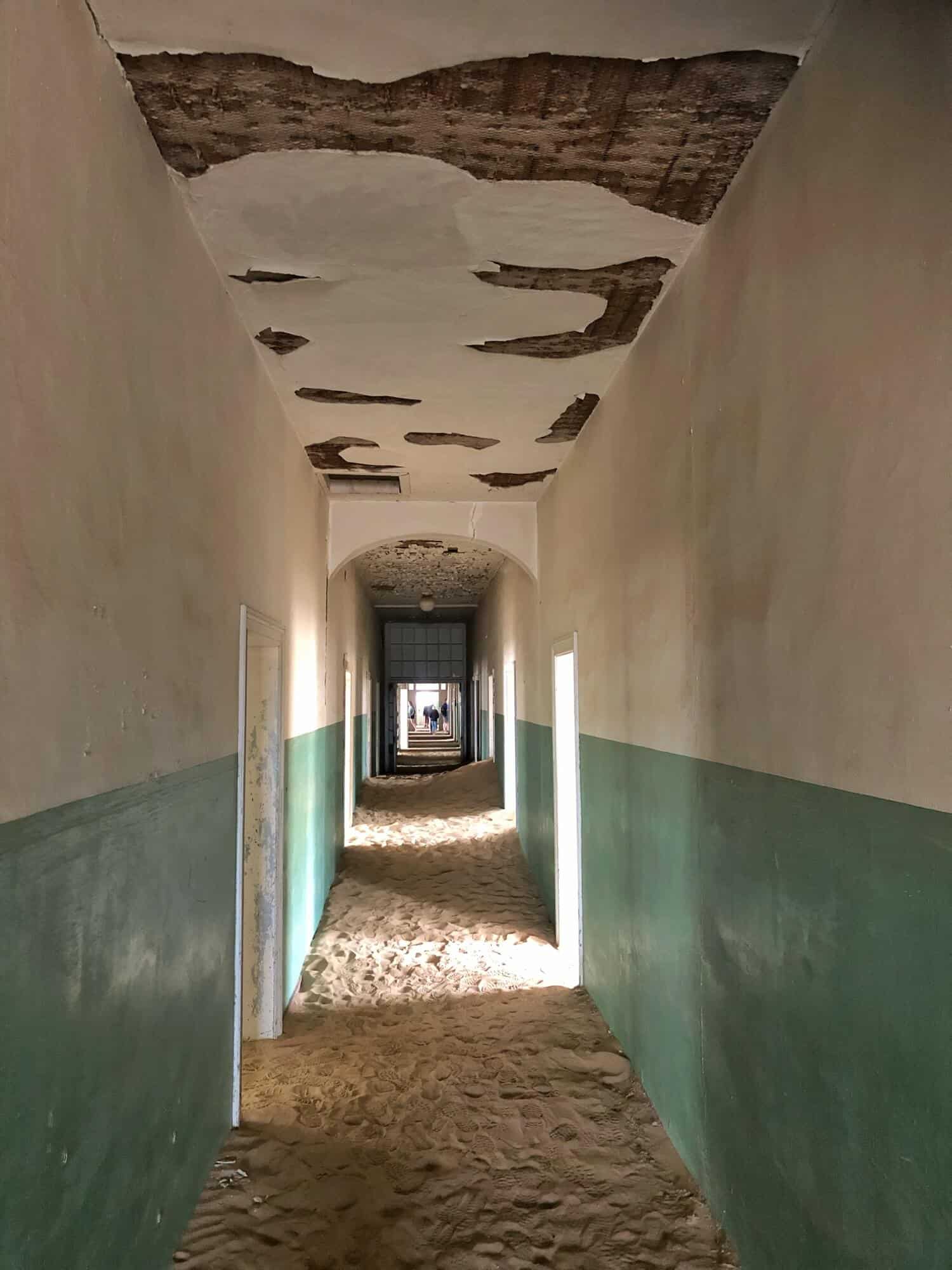
Kolmanskop Tour
I highly recommend taking the one-hour guided tour. Informative and interesting guided tours in English, German and Afrikaans take place at 09:30 and 11:00 from Monday to Saturday.
On Sundays and public holidays, there is only one tour, which starts at 10:00.
The scheduled tours start from the Main Building (where the Coffee Shop and Souvenirs are.)
The restaurant and museum on the premises are open from 9:00 am to 1 pm.
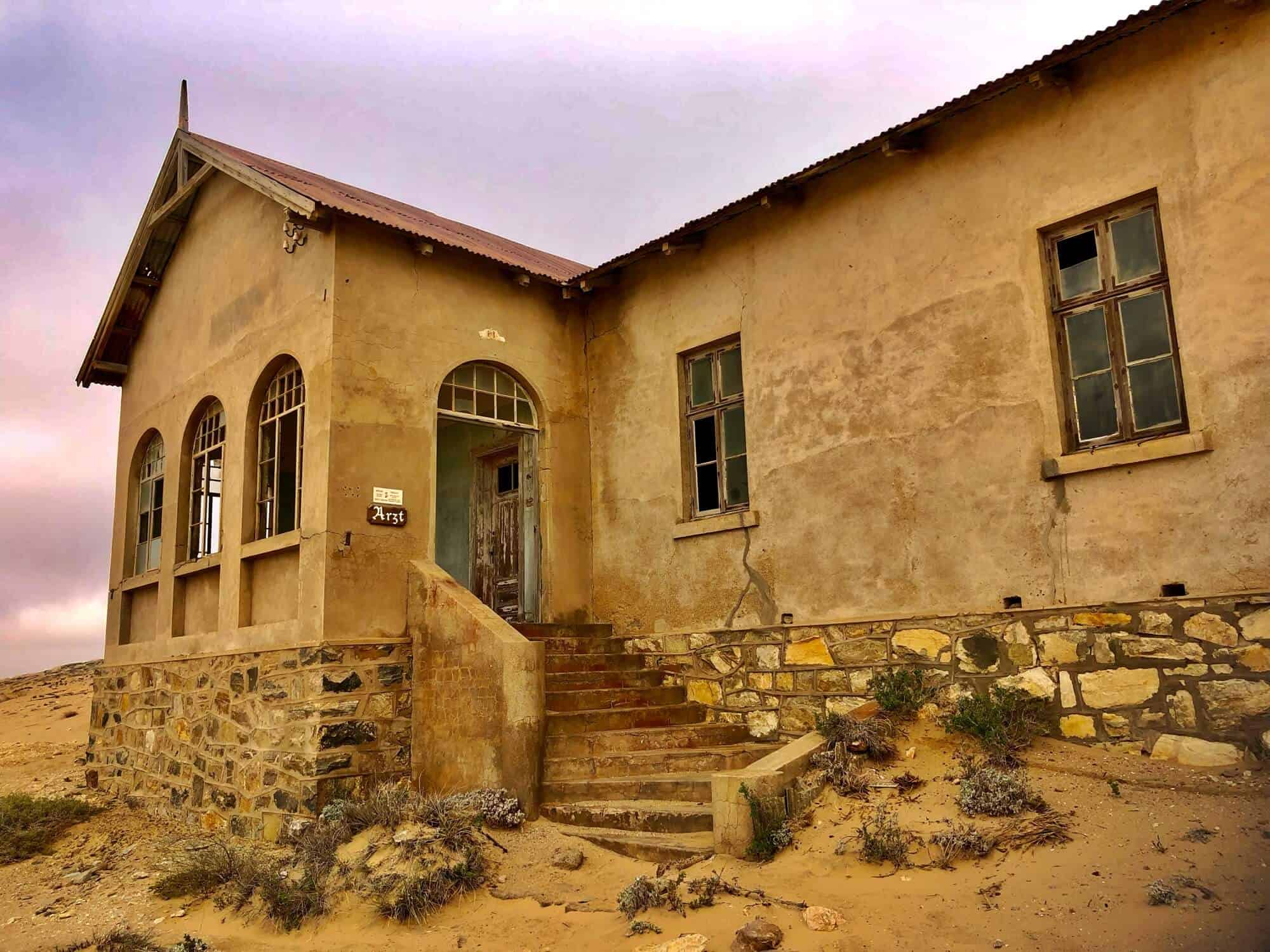
Safety Considerations
Please be aware that the buildings of Kolmanskop are in various states of disrepair, so be cautious where you step. Keep an eye out for barbed wire and rusty nails.
If you are arriving at sunrise to take photos, watch out for wild brown hyenas and snakes.
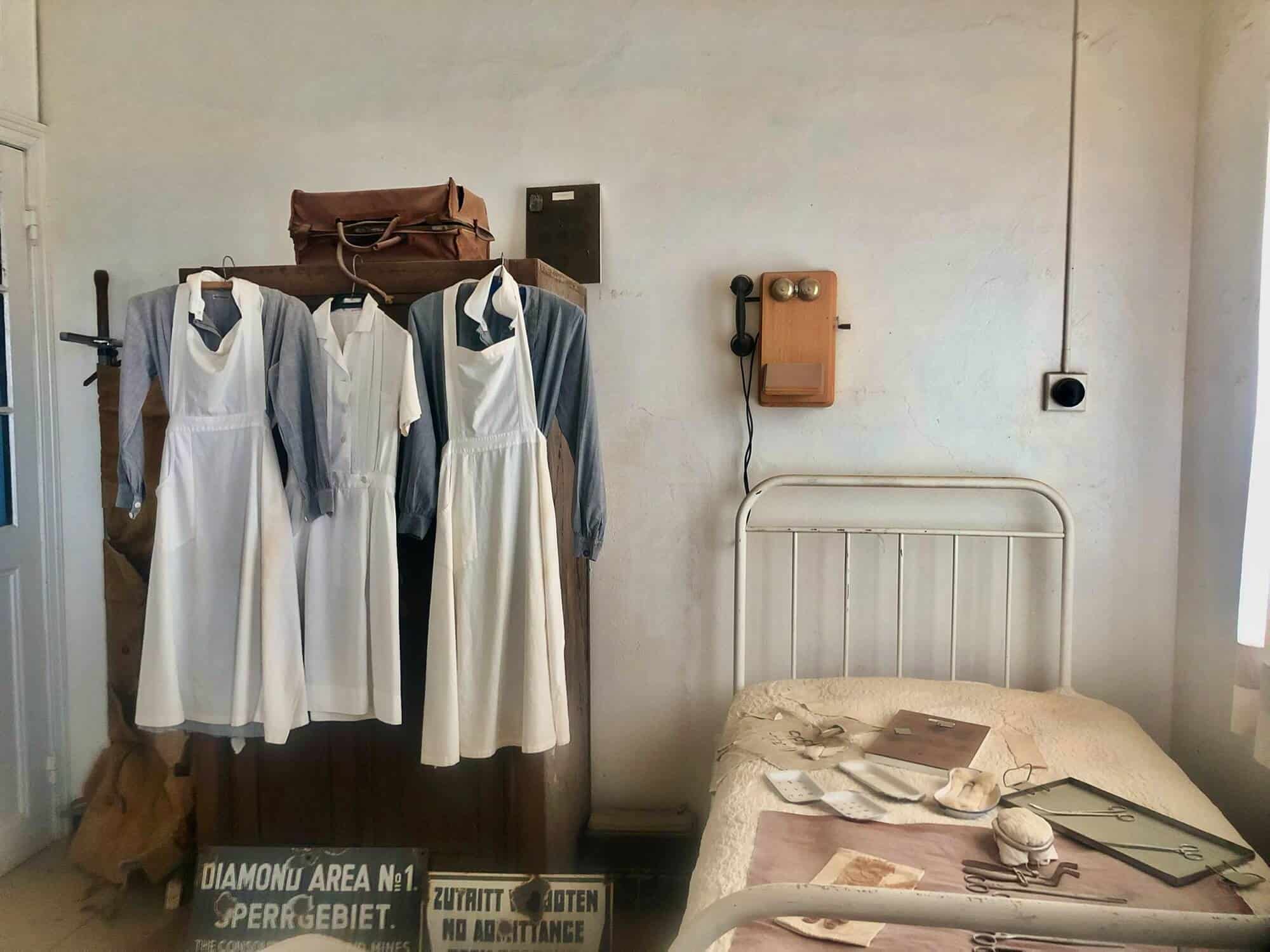
How Do You Get To Kolmanskop
Kolmanskop is located just off the B4 highway, about a 15-minute drive from the pleasant coastal town of Luderitz.
How Much Does It Cost To Visit Kolmanskop
Adult N$ 150 (about US$8)
Child N$ 60
The price includes the guided tour, but you can also download the audio guide to tour at your own pace.
Permit for photographers N$ $350. This license allows you to enter just before sunrise and stay all day to just after sunset.
Permits can be obtained online or directly at the Kolmanskuppe entrance gate or at Desert Deli in Lüderitz, opposite Luderitz Spar. (Corner of Bahnhof & Moltke Streets)
What to Bring
Bring water as navigating through the sand can be strenuous even in the cool of the early morning.
Also, pack a lightweight scarf to protect your face from the wind and wipe down your camera.
Where To Stay Near Kolmanskop
There is nowhere to stay in Kolmanskop (it’s abandoned, after all). The nearest accommodation can be found in Luderitz, located 10 km/6 miles to the west.
Have you ever visited a ghost town? Tell us about it in the comments below.
Disclaimer:Some of the links on this website are “affiliate links”, meaning that if you click on the link and make a purchase, I will receive a small commission at no extra cost. This helps me to keep my website running and continue to share my travelling knowledge with you. Thank you for using the links on my website.
For More Posts On Africa, Check These Out.
Best National Parks in Botswana
Best Things To Do In Rabat Morocco
A Day Trip To Victoria Falls From Botswana
One Day in Chefchaouen- Morocco’s Blue City
Visit Atlas Studios – The Hollywood of Morocco
Amazing Pictures of the Temple of Kom Ombo, Egypt
Temple of Isis at Philae, Egypt
Over 50 Travel in Egypt With On the Go Tours
Planning on Visiting Madagascar?
Like This Post? Why Not Pin It?
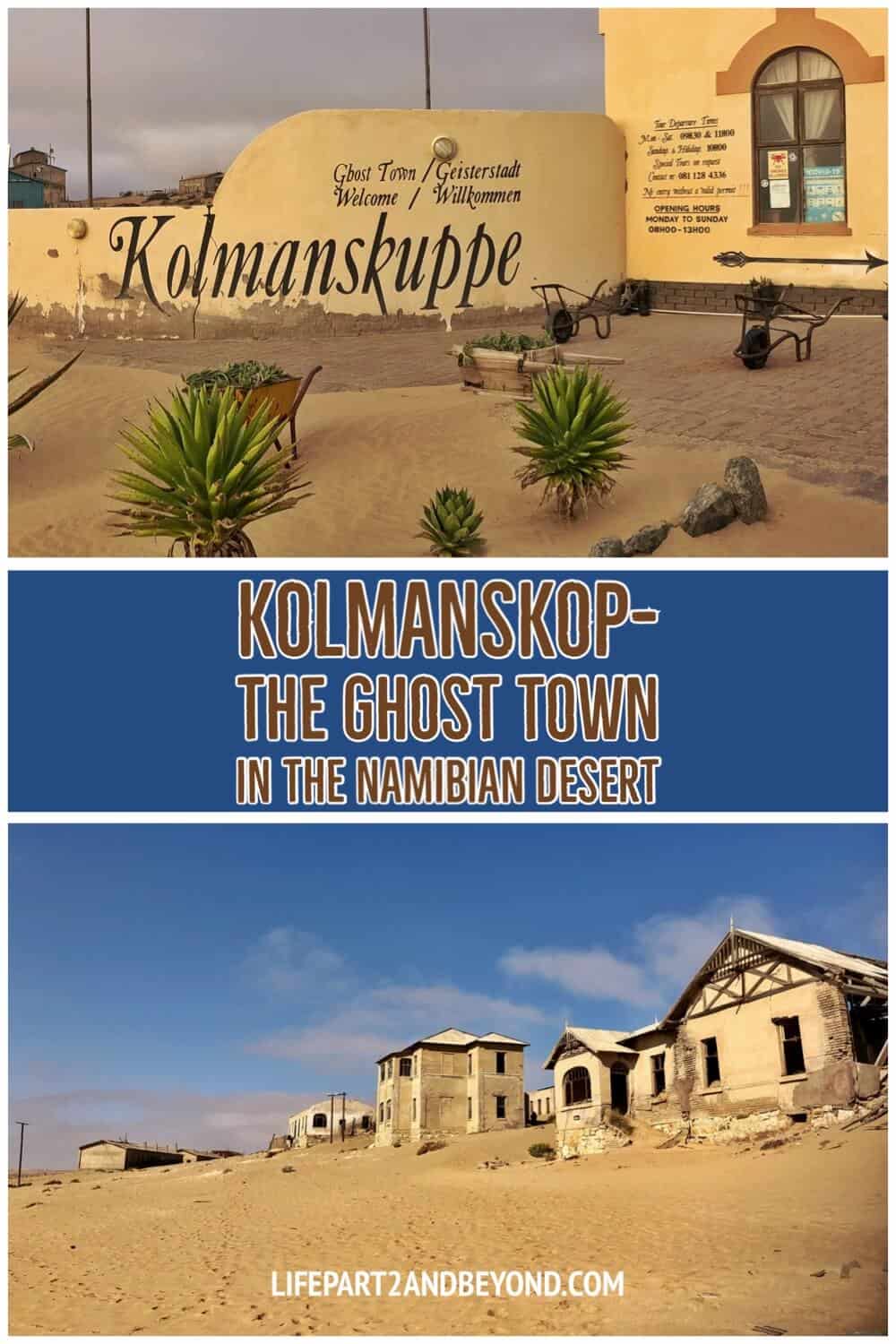



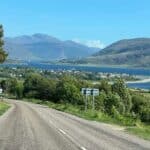
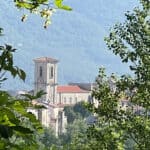

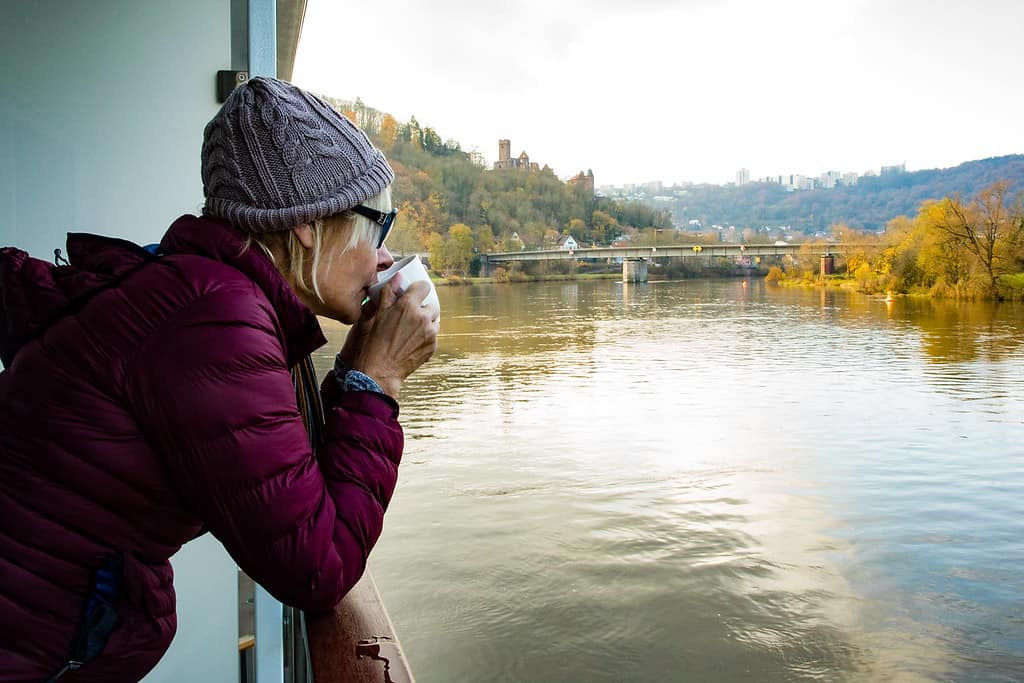
What a wonderful walkthrough of Kolmanskop. Put it on my list for my Africa trip.
What a fantastic guide! I will save this guide for my next trip.